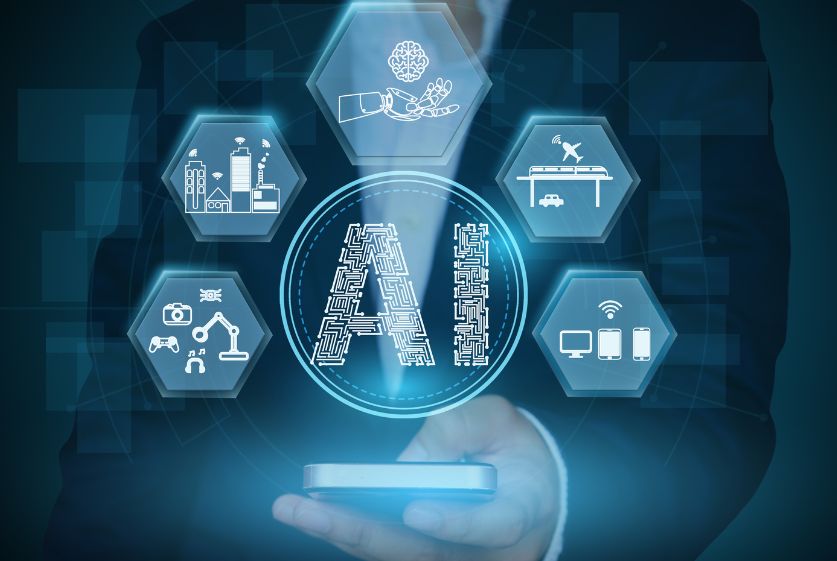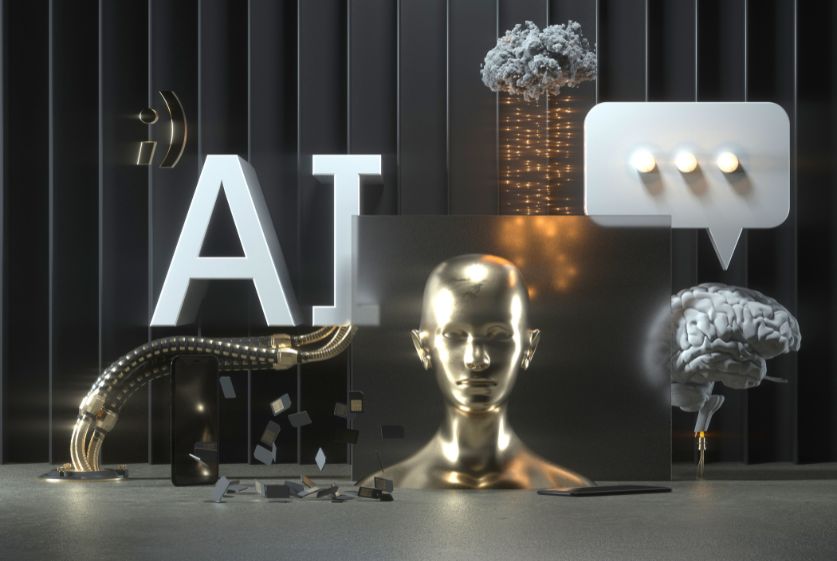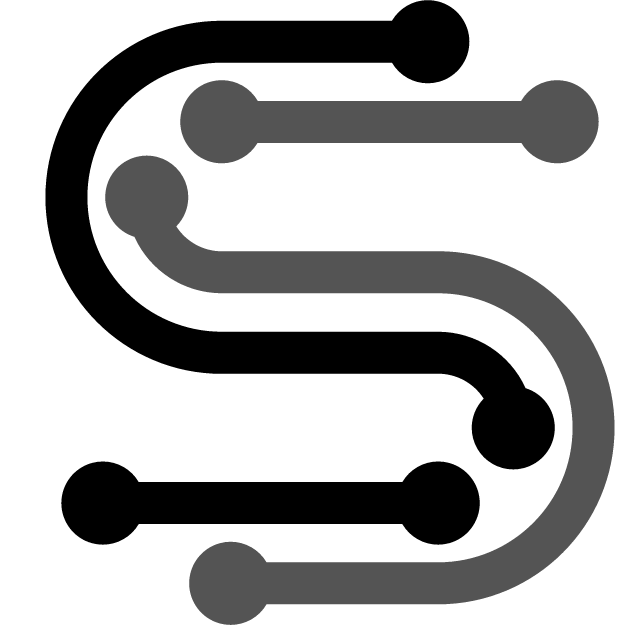Table of Contents
What Exactly is Artificial Intelligence?
Artificial Intelligence (AI) refers to computer systems that are designed to perform tasks that would otherwise require human intelligence. From playing complex games like chess and Go, to understanding human speech and translating between languages, AI has come a long way in recent years.
The history of AI research goes back to the 1950s when scientists and mathematicians like Alan Turing posed questions about the possibility of machines being able to think and act rationally. The field has gone through several waves of optimism followed by disappointment ever since.
While narrow or weak AI focuses on using technology to perform singular tasks very well, strong or general AI aims to develop systems that possess more broad competencies across different domains. Self-driving cars utilizing computer vision is an example of narrow AI, while a system capable of seamless dialogue with humans would constitute general AI.
Today, AI is utilized across many industries including:

Business
Predictive analytics, virtual assistants, recruitment, and HR.
Healthcare
Drug discovery, precision medicine, automated diagnosis.
Transportation
Self-driving vehicles, intelligent traffic management systems.
Entertainment
Video game opponents, music/video recommendations, creative content generation. AI refers to an interdisciplinary science of developing intelligent machines, with the aim of endowing systems with some of the core cognitive capabilities of the human mind.
Should You Capitalize “Artificial Intelligence”?
Given the growth and prominence that the field of Artificial Intelligence has achieved over the last decade, a usage question comes up: should the term “Is Artificial Intelligence Capitalized” or not?

Reasons to Capitalize It
- It can be considered as a proper name referring specifically to the academic discipline focused on machine intelligence.
- Capitalization conveys a sense of formality and respect, recognizing AI’s significance.
Reasons Against Capitalizing It
- As a descriptive term, “artificial intelligence” does not refer to a unique system or specific product name.
- Technical fields are usually not capitalized unless they contain proper nouns, e.g. machine learning, robotics, blockchain, and quantum computing.
Precedent With Other Technical Fields
Looking at precedent from other specialized branches of computer science and engineering, keeping such terminology in lowercase is conventional:

- Artificial intelligence
- Machine learning
- Robotics
- Quantum computing
Capital letters tend to be sparingly used in technical writing, often reserved for unique product names like Tensor Flow, IBM Watson, or company names.
Other Considerations: Is Artificial Intelligence Capitalized
Beyond formal conventions and rules, the choice of capitalizing AI also involves:
- Readability: Capitalized lengthy phrases slow down readability in long-form writing.
- Aesthetics: Most publishing style guides prefer the spare use of capital letters.
- Consistency: Be consistent with whichever format after initially deciding on a convention.
Conclusion and Recommendation
Based on an analysis of the reasons and precedents elaborated above, using lowercase (artificial intelligence) would be the recommended approach in most general writing contexts. Using caps can come across as overenthusiastic marketing speak in some tone of voice.
That said, capitalization rules always remain stylistic choices open to personal discretion. For publications with strong house styles, their guidelines can overrule conventions. So be adaptable based on the context.
Ensure clarity of communication regarding the profound technological and economic potential of artificial intelligence as well as the associated risks and challenges for society.
FAQs
Q: What are some examples of artificial intelligence we encounter today?
A: From virtual assistants like Siri and Alexa to facial recognition and personalized recommendations, AI is ubiquitous. Self-driving cars, chatbots, predictive text, targeted advertising, robot vacuums, and AI art also showcase narrow AI applications. Games like chess and the complex protein folding simulations demonstrate advanced AI.
Q: Should you capitalize AI when referring to the field of study?
A: No. Similar to fields like machine learning and robotics, use lowercase (artificial intelligence) when referring broadly to the academic discipline focused on developing intelligent machines. Reserve caps for proper names.
Q: What industries are using AI the most?
A: AI adoption is significant in areas like finance, healthcare, education, robotics, marketing/sales, and transportation. It helps analyze data, automate processes, predict outcomes, and generate insights for decision-making.
Q: Is artificial general intelligence possible?
A: General AI that can reason, plan, and communicate at a human level remains theoretical but highly complex feats like DeepMind’s protein folding AI indicate progress. Most experts believe human-level AGI is still far away.
Q: Should famous systems like Watson and DeepMind be capitalized?
A: Yes. Trademarked product names (IBM Watson) and organization names (DeepMind AI) refer to specific proper nouns and therefore should be capitalized.









